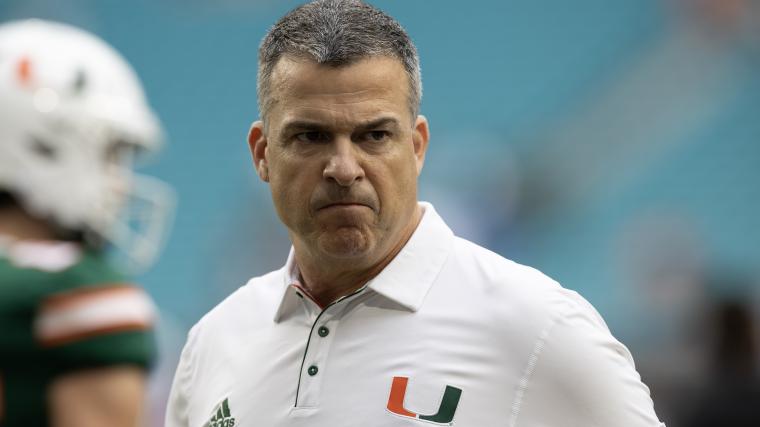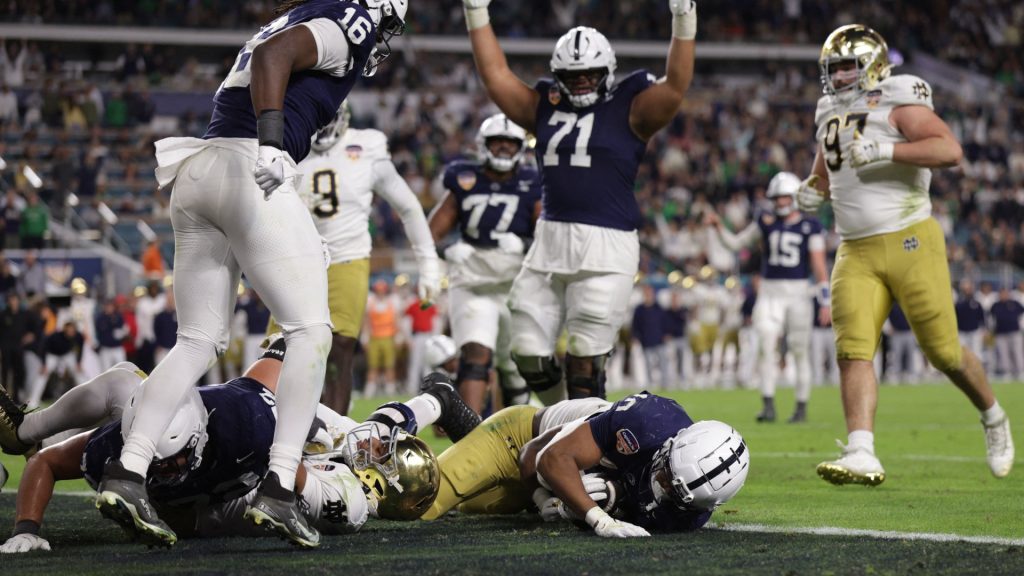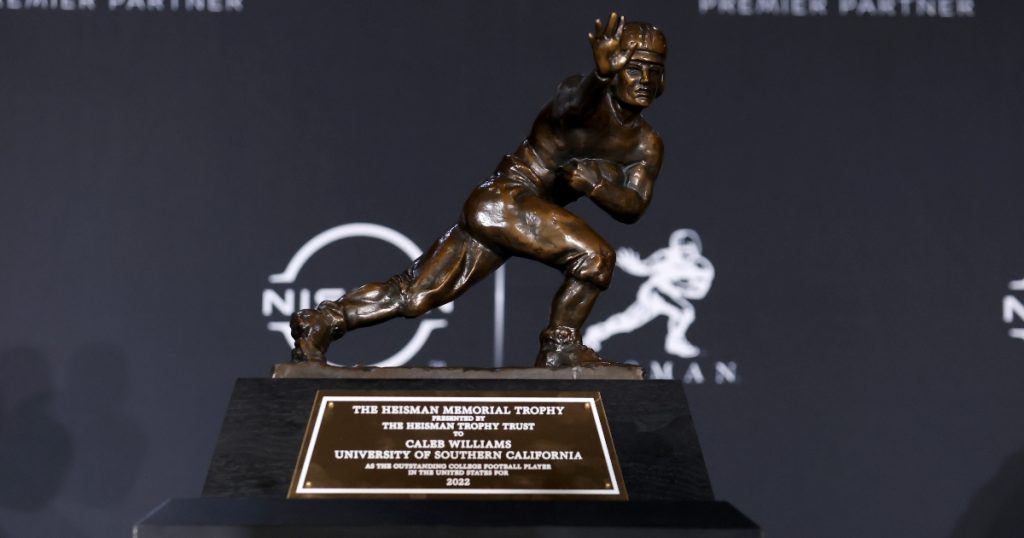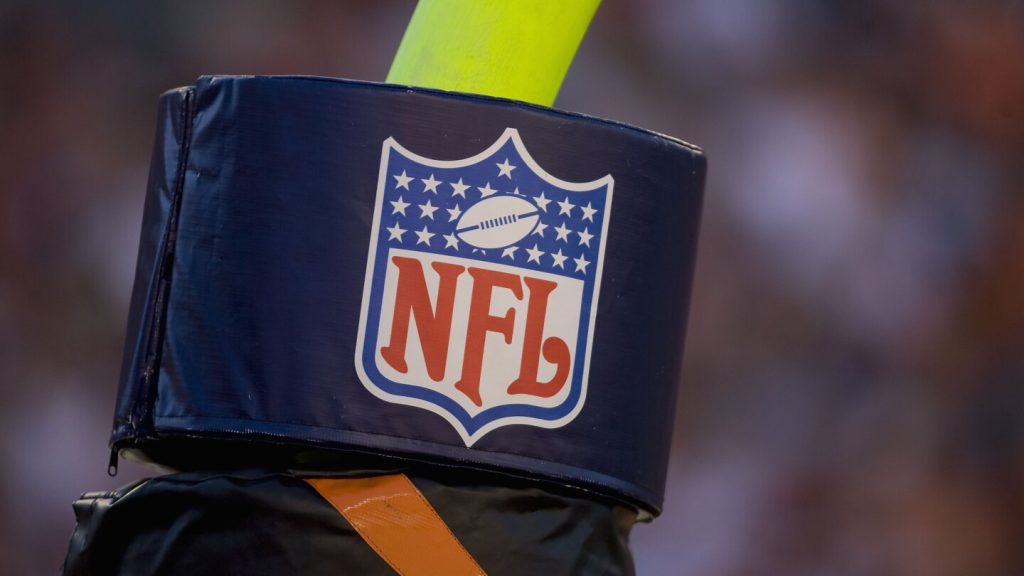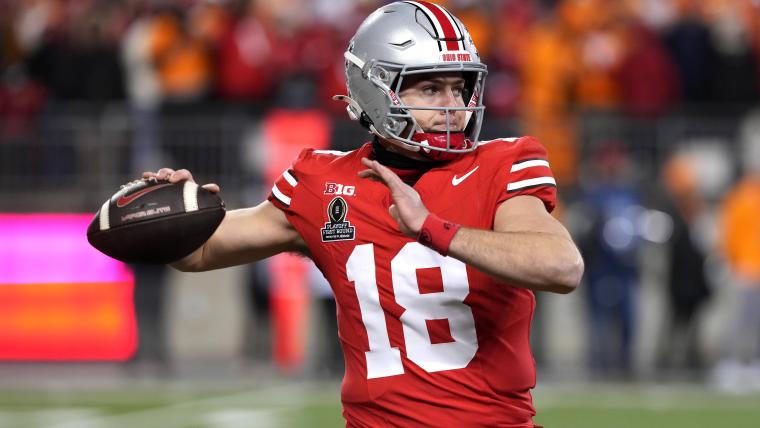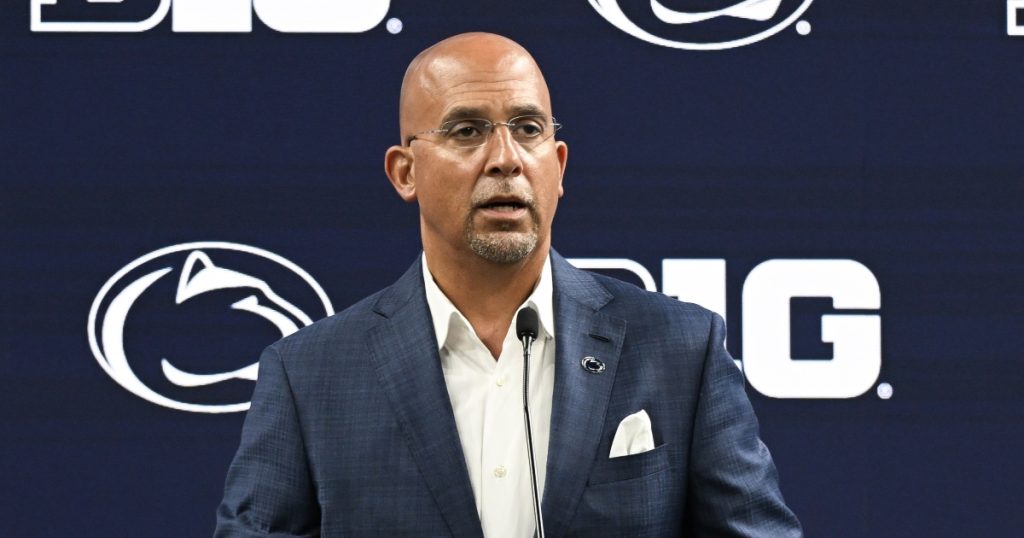Message to commissioners, athletic directors, and coaches: Stop.
Stop complaining about the College Football Playoff committee. Stop engaging with media members who are eager for your opinions on the latest rankings. Stop firing off tweets that showcase your team’s resume. It’s time to start acting like adults.
Public Criticism: A Double Standard?
The College Football Playoff (CFP) committee is composed of 13 individuals tasked with making judgment calls on the 25 best teams in the country. In contrast, game officials are hired to make judgment calls on the field during games. So why is there a green light for coaches and athletic directors to publicly criticize the committee when their teams are ranked lower than expected? This double standard must end.
Public criticism of game officials is not tolerated in college football, and for good reason. It undermines the confidence of fans who invest their time and money into the sport. It creates a negative atmosphere for officials who are already performing a challenging job. If we can’t publicly criticize referees, why should we allow the same treatment for the CFP committee? It’s time to hold everyone accountable.
The Subjectivity of Rankings
Let’s face it: when ranking 25 teams, there will never be perfectly clear-cut arguments for every position. Is No. 1 clearly better than No. 2? Sure, but what about the rest? The debate becomes murky as we move down the rankings. Are “good” wins more valuable than “bad” losses? How much weight should conference affiliation carry? The very existence of the committee highlights the subjective nature of these rankings, which are based on opinions and judgments rather than hard-and-fast rules.
In fact, the process is more subjective than that of game officials, who at least have a rulebook to guide their decisions. The CFP committee faces a daunting task, and it’s unreasonable to expect them to make everyone happy. Yet, when coaches and athletic directors lash out, it only fuels the fire of discontent among fans.
Creating a Toxic Environment
When coaches express their frustration publicly, it doesn’t just stop at words. Look at Texas coach Steve Sarkisian, who lost his cool on the sideline after a controversial call in the Texas-Georgia game. The result? Trash rained down from angry fans. Ohio State’s Ryan Day and LSU’s Brian Kelly have also made headlines for their visible displeasure with officials during games, prompting similar reactions from their fanbases. This behavior creates a toxic environment that spills over into the stands and tarnishes the game.
It’s essential to remember that the 13-member committee consists of public figures who are already subject to scrutiny from fans. When coaches and athletic directors pile on with accusations of bias or conspiracy theories, it only intensifies the anger and frustration of fans whose teams feel slighted. Shouldn’t those in leadership positions be setting a better example?
Time for Accountability
So, what can be done? The College Football Playoff needs to implement a system of fines for public criticism of the committee, similar to the penalties imposed on players and coaches for unsportsmanlike conduct. Just last weekend, fines were handed out for players acting like children over flag-planting incidents. If college students can be penalized for their behavior, why shouldn’t the adults in charge face similar consequences?
It’s crucial for commissioners, coaches, and athletic directors to live with the decisions made by the committee. They need to demonstrate maturity and professionalism, showing their fans that they can handle the ups and downs of the season without resorting to public outbursts. Be an example for your fanbase; show them how to respond to adversity with grace.
Setting a New Standard
As we move through the season and into the postseason, let’s hope for a shift in the narrative. The College Football Playoff committee has a tough job, and they deserve respect for the difficult decisions they must make. Instead of whining about rankings, let’s focus on supporting our teams and celebrating the sport we love.
In an era where every tweet and soundbite can ignite a firestorm, it’s time for those in charge to take a step back and consider the bigger picture. Let’s foster an environment that prioritizes respect and accountability over petty grievances. College football is a beautiful game filled with passion, and it deserves better than the current climate of public criticism and blame.
Ultimately, everyone involved in college football—from fans to coaches to committee members—should strive to elevate the game. By holding ourselves to a higher standard, we can ensure that college football remains a thrilling and respected sport for generations to come.

